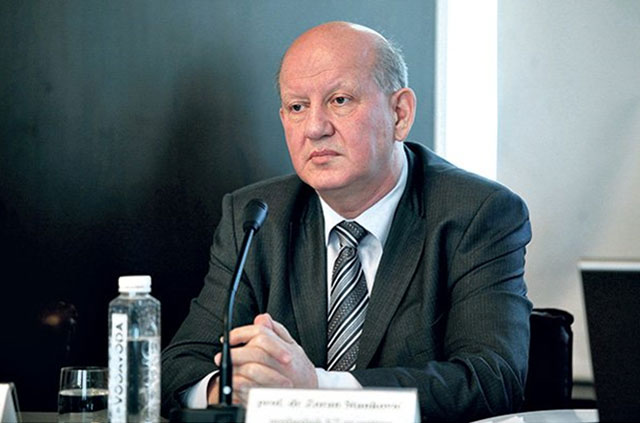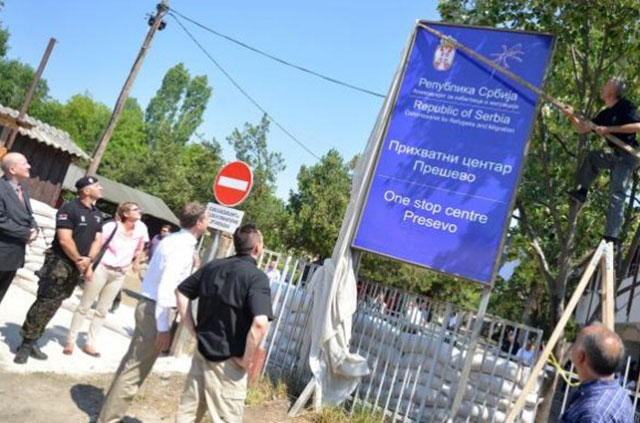- 2021
- December (1)
- March (87)
- February (60)
- January (35)
- 2020
- December (109)
- November (111)
- October (109)
- September (114)
- August (22)
- July (129)
- June (116)
- May (93)
- April (106)
- March (114)
- February (53)
- January (31)
- 2019
- December (37)
- November (72)
- October (52)
- September (43)
- August (65)
- July (55)
- June (14)
- May (55)
- April (72)
- March (28)
- February (1)
- January (12)
- 2018
- December (49)
- November (45)
- October (44)
- September (31)
- August (61)
- July (46)
- June (48)
- May (33)
- April (61)
- March (53)
- February (45)
- January (50)
- 2017
- December (46)
- November (56)
- October (60)
- September (20)
- August (56)
- July (61)
- June (58)
- May (28)
- April (44)
- March (57)
- February (54)
- January (42)
- 2016
- December (55)
- November (70)
- October (73)
- September (24)
- August (50)
- July (47)
- June (61)
- May (19)
- April (48)
- March (47)
- February (33)
- January (45)
- 2015
- December (43)
- November (39)
- October (53)
- September (55)
- August (19)
- July (47)
- June (28)
- May (26)
- April (54)
- March (55)
- February (29)
- January (30)
- 2014
- December (26)
- November (48)
- October (44)
- September (30)
- August (28)
- July (30)
- June (23)
- May (53)
- April (30)
- March (25)
- February (31)
- January (16)
- 2013
- December (23)
- November (29)
- October (34)
- September (12)
- August (15)
- July (23)
- June (12)
- May (24)
- April (12)
- March (14)
- February (22)
- January (15)
- 2012
- December (16)
- November (30)
- October (28)
- September (4)
- August (14)
- July (15)
- June (3)
- May (5)
- April (7)
- March (14)
- February (8)
- January (9)
- 2011
- December (8)
- November (17)
- October (17)
- September (16)
- August (11)
- July (14)
- June (8)
- May (16)
- April (12)
- March (20)
- February (11)
- January (7)
- 2010
- December (3)
- November (8)
- October (18)
- September (19)
- August (12)
- July (16)
- June (21)
- May (15)
- April (12)
- March (15)
- February (22)
- January (11)
- 2009
- December (13)
- November (16)
- October (10)
- September (12)
- August (5)
- July (15)
- June (15)
- May (9)
- April (15)
- March (6)
- February (14)
- January (6)
- 2008
- December (9)
- November (5)
- October (2)
- September (2)
- August (1)
- July (1)
- June (1)
- April (4)
- February (1)
- January (3)
- 2007
- December (1)
- November (2)
- October (6)
MR. STANKOVIC: 15,000 EUROS A DAY FOR THE RECEPTION CENTER IN PRESEVO

Belgrade – Zoran Stankovic, the President of the Coordination Body for the Municipalities of Presevo, Bujanovac and Medvedja, said that the government earmarked 15,000 euros per day for the operation of the Reception Center for Migrants in Presevo, but that it was necessary to provide far more funds in the coming months and that greater involvement of the international community was expected.
“The Reception Center for Migrants in Presevo is the first place that was organized for the reception of migrants in this part of Europe, where increasingly more migrants appear every day, while the government’s obligations are growing, too”, Mr. Stankovic said.
According to him, between 700 and 900 migrants, who illegally cross our border, come to the center every day. That means that they come here without any documents, so that the Reception Center has an increasingly greater responsibility for taking care of those people in the proper manner.
“This implies, first of all, entering them into records, providing them with the documents with which they can’t move through our country, health checks and providing the necessary medical aid, given that the long journey and walking leave marks on their health, "said Mr. Stankovic.
“In addition”, he added, "it is necessary to register them, which involves taking their fingerprints and photographs of them, which is followed by providing them with food and baths after long walking”.
Mr. Stankovic noted that a special room was provided for women and children, were they could spend the night in beds, while tents were provided for men, where they could take some rest.
“Migrants stay at the Reception Centre for 24 hours at the most, possibly 48 hours, and then they go on to the northern part of the country as they wish to continue their journey to Western Europe”, he said. He also said that diesel rail cars from Presevo to other centers for care were provided to them, such as the one in Kanjiza. He noted that it was particularly worrying that there were very few children in the first wave of refugees, but that there were currently far more of them, and that was why there was a much greater need to help those children, which required additional efforts and resources. The meals for migrants, about 400 of them per day, are provided by the UNHCR, whereas other meals are provided by the Red Cross and the Commissariat for Refugees, while the international community helps with the procurement of medicines, which aren’t lacking at the moment.
“Due to the increased influx of migrants, other cities are now included in providing assistance, primarily with the registration and provision of the necessary documents for their movement, " Mr. Stankovic said, adding that he hoped that everything necessary for migrants would be provided in the future, as well as that migrants would be patient and understanding if the country wasn’t able to provide them with the necessary amounts of food and medicines in a few days.
Mr. Stankovic said that he expected greater engagement of the international community in the future, given that the Reception Center in Presevo cost the Serbian government 15,000 euros per day, which were, as he said, huge funds. According to him, the wave of migrants in Presevo would last not only this year, but over the next few years too, given the situation in the countries of their origin, which required significant financial resources. He said he was currently uncertain if we could continue allocating huge financial resources for migrants, since everything that was currently done was done thanks to the help of the government, private donors, the international community and all those who wanted to help.
“Presevo will be able to cope properly with the influx of migrants in this period and over the next few months”, says Mr. Stankovic, expressing satisfaction with the local self-government and population, who showed a high degree of responsibility and who undertook numerous activities to help those people. However, he added, bearing in mind the situation that prevails in the country, the economic crisis and a large number of refugees, who had already been living in Serbia for twenty or more years, the international community would have to get much more engaged and much more funds would have to be provided.
Pointing out that the migrants were people affected by wars and were unhappy about what was happening in their countries, that they showed a high degree of tolerance, understanding and expected help from others, Mr. Stankovic said that efforts were being made and all available means were used to help them.
“I hope that the Serbian citizens, as it has happened before, will understand and approve the providing of assistance to these people, unlike some others, who are building walls to prevent these people from coming to their country, even though they and their families, because of the long-lasting conflicts in their countries, are trying to save their skin by fleeing from those countries and are crying for help”, Mr. Stankovic said.

Source: “Tanjug” news agency and Coordination Body